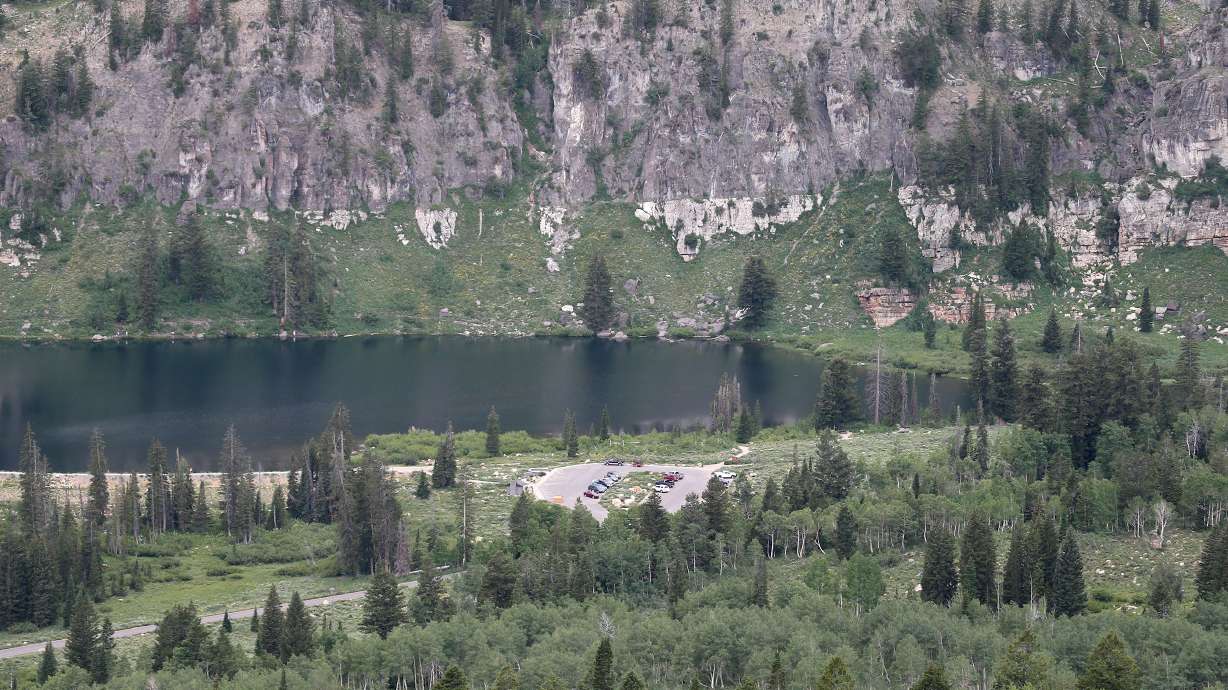Estimated read time: 2-3 minutes
This archived news story is available only for your personal, non-commercial use. Information in the story may be outdated or superseded by additional information. Reading or replaying the story in its archived form does not constitute a republication of the story.
RICHMOND, Cache County — A popular recreation area will be closed while biologists tackle a growing invasive aquatic plant species problem, but the closure shouldn't take too long.
The U.S. Forest Service announced that the Tony Grove Lake, Tony Grove Nature Trail and a trail between Tony Grove Lake and Tony Grove Campground will all be closed Tuesday for invasive aquatic species removal.
Biologists are targeting Eurasian watermilfoil impacting Tony Grove Lake, which is a problem because it can harm the lake's natural fish habitat, and it can hinder boating and swimming, said Marshall Alford, Logan District ranger for the Uinta-Wasatch-Cache National Forest. It can also easily spread to other bodies of water without intervention.
"It can spread by fragments of the plant, which is pretty easy for our visitors to inadvertently transport," he said, explaining that it could be spread by person, watercraft or even fishing equipment.
The solution? Rangers and Cache County officials have found it's more efficient to use a herbicide treatment that kills off the invasive species than to pull out the plants by hand. Alford didn't say what chemical would be used, but he said it has a short half-life so the closures will be temporary.
Forest Service rangers expect all closures will be lifted by Wednesday. Officials say results should be noticeable within the next week as the invasive plant dies.
Tony Grove Lake, a natural body of water that was also expanded after a dam was built in the 1930s, is home to several fish species, especially rainbow trout. The fish aren't expected to be impacted by the herbicide.
Alford said people can avoid spreading invasive species by cleaning off all aquatic species that may have attached to a boat or paddleboard. People can also drain all water from a vessel and dispose of any unwanted bait to help prevent a species like Eurasian watermilfoil from spreading elsewhere.










